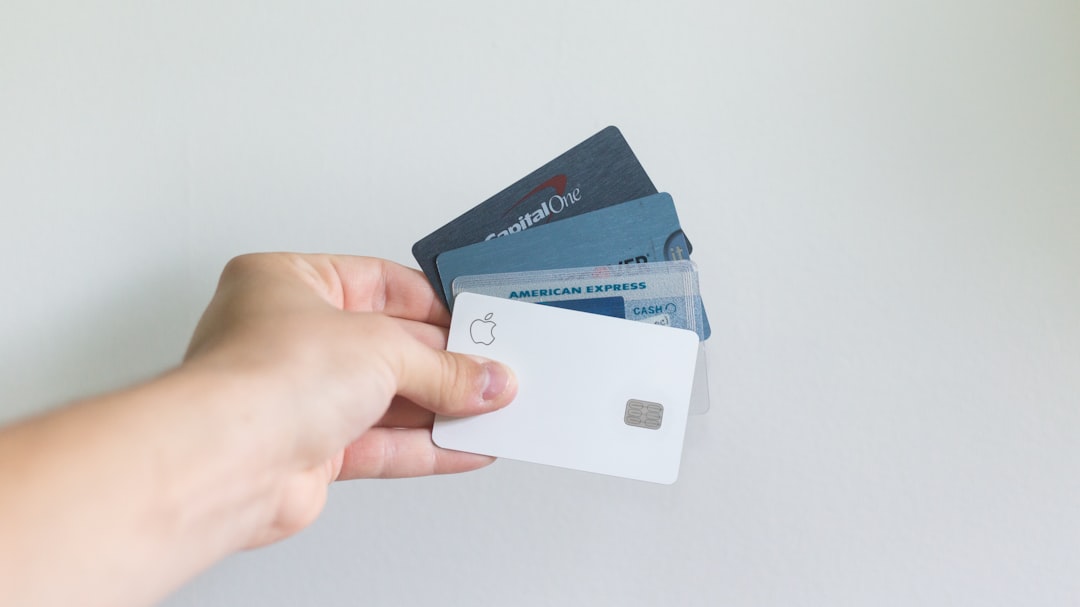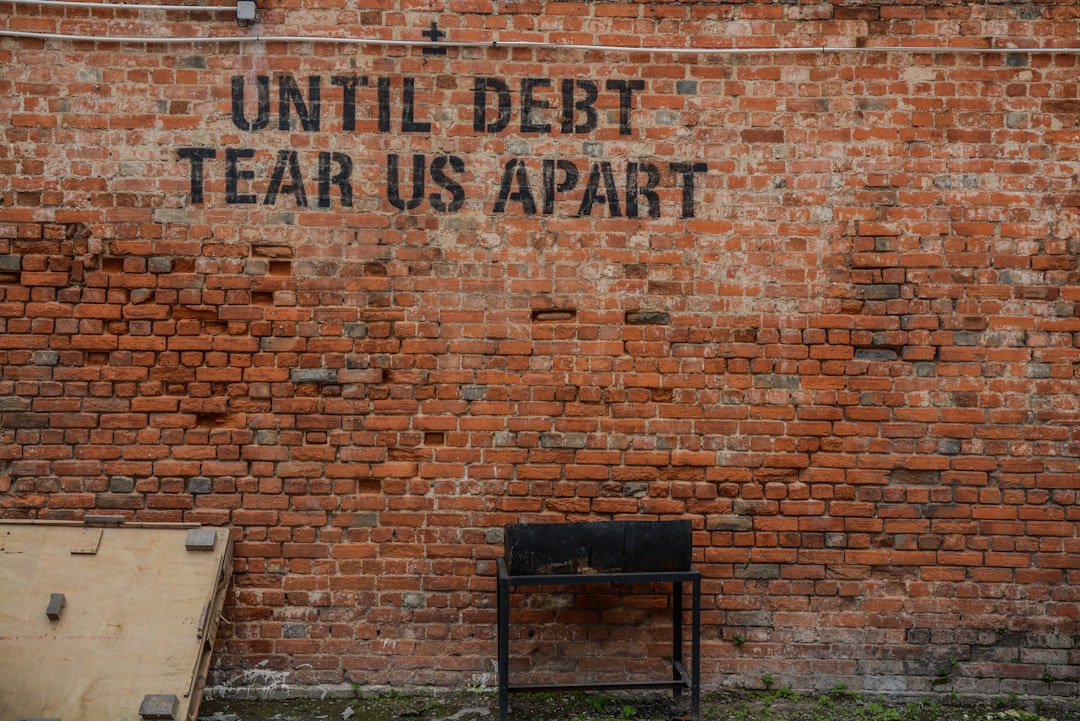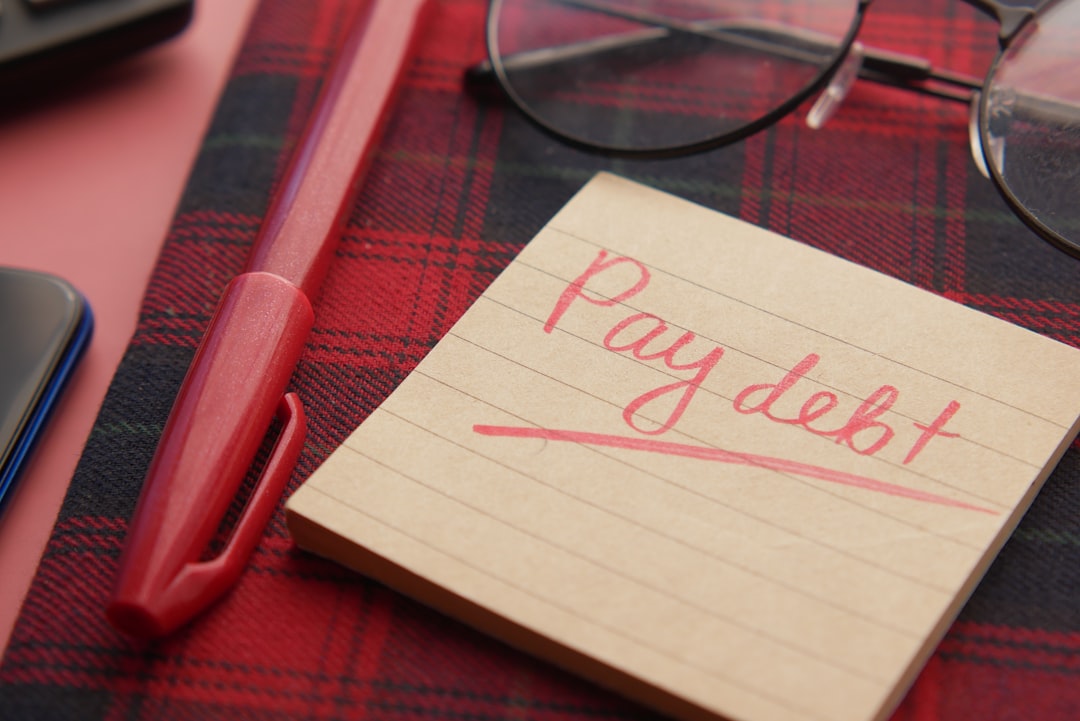Bad Credit Debt Consolidation Loans serve as an option for individuals with poor credit to manage multiple debts. These unsecured loans offer flexibility but typically carry higher interest rates and limits due to increased risk for lenders. While they avoid asset forfeiture, secured debt consolidation loans provide more favorable terms by using collateral. Borrowers must weigh the risks and benefits of secured vs. unsecured options, ensuring meticulous repayment planning for successful consolidation and credit score improvement.
Struggling with debt? Understanding the difference between secured and unsecured loans could be a game-changer in your financial journey. This article breaks down these loan types, focusing on how they differ in terms of collateral, credit score requirements, and suitability for bad credit debt consolidation.
Explore the pros and cons, learn about alternatives for debt relief, and make informed decisions to navigate your financial landscape effectively.
- Understanding Secured and Unsecured Loans
- How Credit Score Affects Loan Options
- Secured Loans for Bad Credit Debt Consolidation
- Unsecured Loans: The Alternatives for Debt Relief
- Comparing Risks and Benefits: Secured vs. Unsecured Loans
Understanding Secured and Unsecured Loans

Secured and unsecured loans are two different types of financial products, each with its own set of rules and benefits. Secured loans are backed by collateral, often in the form of property or assets, which serves as a safety net for the lender. This means if you fail to repay the loan, the lender has the legal right to seize and sell the collateral to recover their losses. Common examples include home mortgages and car titles. Unsecured loans, on the other hand, don’t require any form of collateral, making them more accessible but also riskier for lenders. These loans are typically based on your creditworthiness and repayment history. Bad Credit Debt Consolidation Loans fall under this category, aiming to help individuals with poor credit consolidate their debts into a single, manageable loan without requiring any asset as security.
The main difference lies in the level of risk involved. Secured loans offer lower interest rates because the collateral provides a guarantee of repayment. Unsecured loans, being riskier for lenders, usually have higher interest rates and stricter borrowing limits. For individuals with bad credit looking to consolidate debt, unsecured options are often more feasible as they don’t require any assets at risk. However, it’s crucial to understand the terms and conditions thoroughly to ensure you can meet the repayment obligations, which may be more stringent than secured loans.
How Credit Score Affects Loan Options

A person’s credit score plays a pivotal role in determining their loan options, especially when considering secured or unsecured loans. For individuals with a strong credit history, securing financing is often straightforward as they have demonstrated responsible borrowing and repayment behavior in the past. Lenders view these borrowers as low-risk, making it easier to offer competitive interest rates and flexible terms. Unsecured loans are commonly accessible for those with good credit scores, allowing them to borrow funds without using collateral.
In contrast, those with bad credit may face significant challenges when seeking loan approval. Lenders are cautious with individuals who have a history of missed payments or high debt levels, as it indicates higher risk. As a result, unsecured loans might not be readily available, and borrowers with bad credit may need to explore alternatives like secured loans. Secured debt consolidation loans, for instance, require the borrower to provide collateral, often in the form of property or assets, which acts as a safety net for the lender. This practice ensures repayment, but it also means borrowers risk losing their collateral if they fail to meet loan obligations.
Secured Loans for Bad Credit Debt Consolidation

Secured loans can be a viable option for individuals with bad credit looking to consolidate debt. Unlike unsecured loans that don’t require collateral, secured loans are backed by an asset, such as your home or vehicle. This adds an extra layer of protection for lenders, making it easier for them to approve borrowers with lower credit scores. When considering Bad Credit Debt Consolidation Loans, securing the loan with an asset can result in more favorable terms like lower interest rates and longer repayment periods.
By using a secured loan for debt consolidation, borrowers can combine multiple high-interest debts into one manageable payment. This strategic approach not only simplifies financial management but also helps to build credit over time as consistent on-time payments contribute positively to your credit report. Additionally, the collateral provides a safety net, which may lead to more lenient borrowing limits and accessible funding for those with limited credit history or poor credit standing.
Unsecured Loans: The Alternatives for Debt Relief

Unsecured loans offer an attractive alternative for those seeking debt relief, especially for individuals with bad credit who may struggle to secure traditional loan options. Unlike secured loans, which require collateral, unsecured loans do not depend on any asset as guarantee. This freedom from collateral makes them a viable option for people looking to consolidate high-interest debt or manage unexpected expenses without the added pressure of potential asset forfeiture.
For individuals with bad credit, unsecured loans can provide a chance to rebuild financial health. These loans often come with flexible terms and rates, allowing borrowers to focus on making consistent payments and improving their credit score over time. Bad credit debt consolidation loans, in particular, are designed to simplify multiple debt payments into one manageable loan, offering psychological relief and potentially saving money through lower interest rates.
Comparing Risks and Benefits: Secured vs. Unsecured Loans

When comparing secured and unsecured loans, understanding the risks and benefits associated with each type is crucial for borrowers, especially those seeking Bad Credit Debt Consolidation Loans. Secured loans are backed by collateral, which acts as a safety net for lenders. This means if you fail to repay the loan, the lender has the right to seize and sell the asset used as collateral, such as real estate or a vehicle. While this mitigates risk for the lender, it also increases the potential financial burden for the borrower, as they not only owe the original debt but could also lose their asset.
Unsecured loans, on the other hand, do not require any collateral. Lenders rely solely on the borrower’s creditworthiness and repayment history to assess risk. The absence of collateral means there is no immediate risk of asset forfeiture if repayments are missed. However, unsecured lenders often charge higher interest rates to compensate for the increased risk, and they may be less flexible when it comes to loan terms and extensions. For borrowers with bad credit looking to consolidate debt, unsecured loans can offer a more accessible option, but it’s essential to carefully consider the potential consequences if repayments cannot be made as agreed.
When considering debt consolidation options, understanding the distinction between secured and unsecured loans is key. For individuals with bad credit, secured loans can offer a viable path for bad credit debt consolidation loans, leveraging an asset as collateral to potentially secure more favorable terms. However, unsecured loans provide a risk-free alternative, despite lacking collateral, making them suitable for those seeking debt relief without the need to pledge assets. By evaluating your financial situation and credit score, you can make an informed decision on the loan type best suited to your needs.
